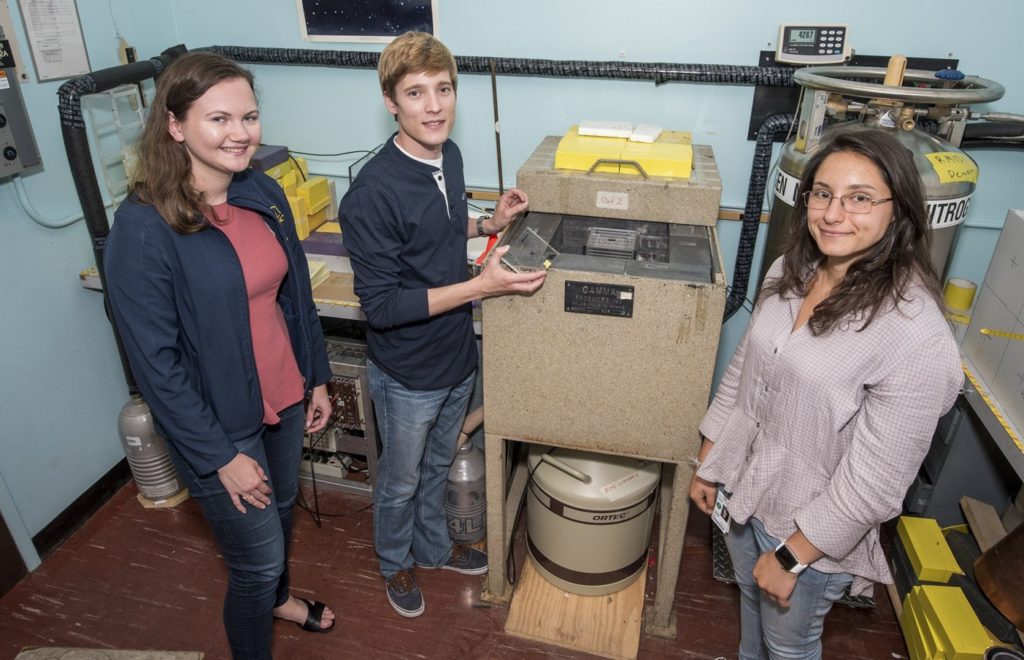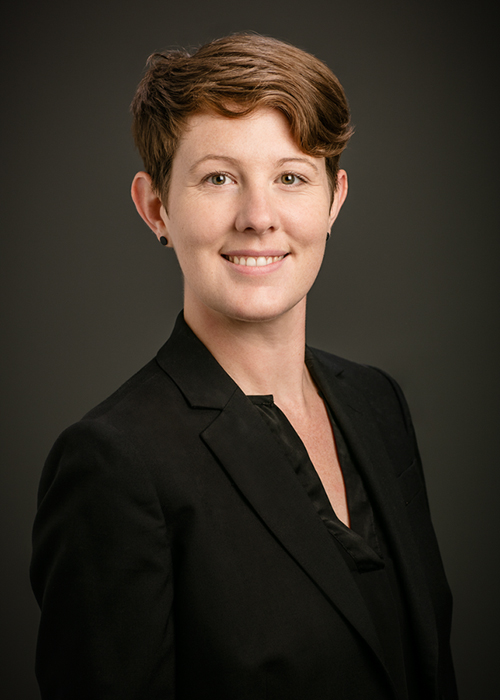Archive for January 2021
Chemical and Electrochemical Studies in Molten Fluoride Salts
Chemical and Electrochemical Studies in Molten Fluoride Salts Molten fluoride salts are ionic liquids that are employed in nuclear reactors as coolant or nuclear fuel solvents. 2LiF-BeF2 (FLiBe) is an ionic liquid that is of particular interest for application in nuclear reactors due to its neutronic properties. While the fluoride salts are ionic liquids, the…
Read MoreThe Nuclear Science and Security Consortium wins 5-year NNSA Grant for the third time
The Nuclear Science and Security Consortium wins 5-year NNSA Grant for the third time January 27, 2021 We congratulate Professor Vujic, Dr. Goldblum, and those that contributed to the successful proposal. To another successful and fruitful 5 years ahead! Read more on the Daily Cal’s feature
Read MoreThe Essential Role of Universities in Advanced Reactor Deployment
Dr. Kathryn D. Huff is an Assistant Professor in the Department of Nuclear, Plasma, and Radiological Engineering at the University of Illinois at Urbana-Champaign Abstract: Many University TRTRs were shut down in the 1980s & 1990s as student enrollments waned. In the 2000s, student enrollment in nuclear engineering and enthusiasm for carbon-free nuclear energy has rebounded mightily, but no new university TRTRs have…
Read MoreThe Essential Role of Universities in Advanced Reactor Deployment
SPEAKER: Katy Huff – professor of nuclear, plasma and radiological engineering DATE/TIME: FRI, 01/10/2021 – 3:00PM TO 4:00PM LOCATION: Zoom Many University TRTRs were shut down in the 1980s & 1990s as student enrollments waned. In the 2000s, student enrollment in nuclear engineering and enthusiasm for carbon-free nuclear energy has rebounded mightily, but no new…
Read MoreKairos Power’s Hermes, one of the Risk Reduction Projects awarded by DOE’s Advanced Reactor Demonstration Program
Kairos Power’s Hermes, one of the Risk Reduction Projects awarded by DOE’s Advanced Reactor Demonstration Program December 16th, 2020 The U.S. Department of Energy (DOE) has announced the projects to be funded by its Advanced Reactor Demonstration Program (ARDP) award for Risk Reduction funding. Kairos Power LLC (Alameda, CA) was selected and will be awarded…
Read MoreRachel Slaybaugh to Lead Berkeley Lab’s Cyclotron Road
Rachel Slaybaugh to Lead Berkeley Lab’s Cyclotron Road Nuclear engineer and former ARPA-E program director takes the helm at the Lab’s division for entrepreneurial scientists
Read More



